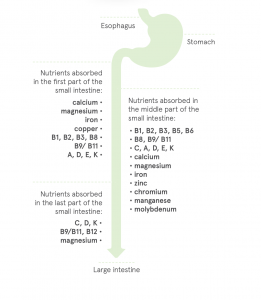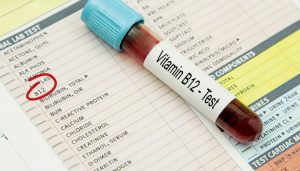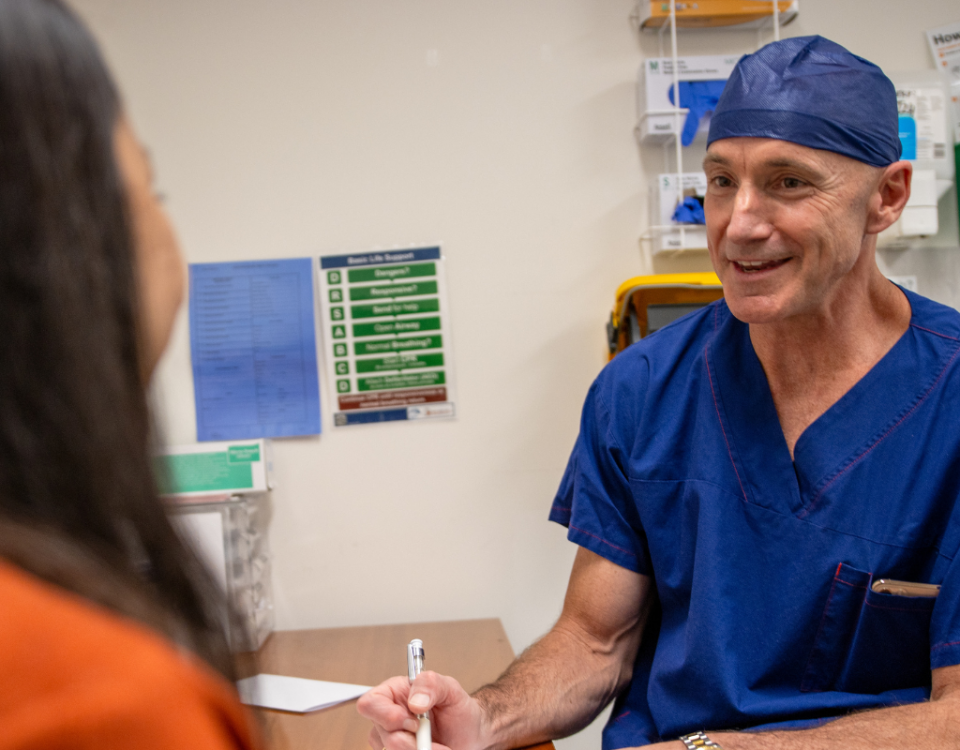
If you’re wondering if you need to take multivitamins in the long term after bariatric surgery, the answer is yes. For a start, you will be consuming less food as a result of your surgery, so you’ll need to supplement what you won’t be absorbing from food consumption alone. Some bariatric surgeries may also reduce the absorption of calories and nutrients. Even though you may be switching to a very healthy diet, supplementation is essential when it comes to preventing and lowering the risk of nutritional deficiencies.
While taking multivitamins for the long term may sound like an inconvenience, remember that it’s a minor one when compared to the detrimental effects of obesity. Once you get into a routine of taking the right measure of multivitamins and minerals, you’ll be ensuring optimum health and nutrition as part of your healthy new weight and lifestyle. We also asked our trusted bariatric vitamin providers at fitforme for some advice on the risks of nutritional deficiencies depending on each type of bariatric surgery.
How many vitamins do I have to take after bariatric surgery?
Don’t worry – you don’t have to swallow a whole chemist’s worth of big vitamin pills in order to absorb the nutrients your body needs. There is a range of bariatric vitamins specifically designed to fill any nutritional gaps once you are back on solid food. These can be supplied to you by your weight loss surgery team, or through a recommended nutritionist. Supplementation should start immediately after surgery so your body can start healing sooner. In the first one-to-two months, swallowing hard pills or gummy vitamins isn’t recommended. During your initial recovery phase, your surgery team will have prescribed you a special diet that incorporates formulas to deliver optimum nutrition. Whether you are in the liquid or puree phases of your post-op recovery, it’s important to follow these diets so you don’t become nutrient deficient.

The risk of deficiencies in weight loss surgeries
Depending on the type of bariatric surgery you’ve had, your stomach’s capacity will have reduced or changed. This means you’ll be ingesting a lower amount of food from which the body can derive nutrients but that’s not all. There are many factors that increase the risk of deficiencies after various types of weight loss surgery, so the right vitamin intake is essential for healthy bodily function.
Smaller stomach
If you have had sleeve surgery, your stomach is only about 15% of the original stomach. Post gastric bypass, your stomach pouch is about the size of an egg. With a mini gastric bypass, your stomach is a bit larger. These reduced sizes make it impossible to eat large amounts of food. This of course leads to weight loss, but you may also not be able to eat sufficient amounts of nutritious food which increases the risk of deficiencies.
Little/no Gastric Acid
An acidic environment is needed for the effective absorption of iron. Gastric acid is also needed to detangle proteins in order for enzymes to cut them into smaller parts, so they can be absorbed. Gastric acid is also needed to release vitamin B12 from the proteins to which it is attached in foods.
Intrinsic Factor
This is necessary for the active absorption of vitamin B12. As vitamin B12 is detached from the proteins, it passes from the stomach to the small intestine, and it binds with intrinsic factor. With a gastric sleeve, intrinsic factor is no longer produced. While production still takes place in the remnant stomach, intrinsic factor is no longer released, probably because food never passes this part of the stomach.
Decreased Ghrelin
The production of the hunger hormone, ghrelin, is decreased after weight loss surgery so people experience less hunger, leading to less food intake. Ghrelin is also to a lesser degree produced in the first part of the small intestine and, in the case of a gastric sleeve, approximately a year after the surgery, production of ghrelin increases. People with a sleeve gastrectomy have about one year to change their lifestyle and eating behaviour before they will experience hunger again.
Faster Passage of Food Along the Digestive Tract
After a gastric bypass, there is no longer a pylorus that keeps the food inside the stomach and to release it in small portions into the small intestine. After sleeve surgery, removal of the lower part of the stomach might result in faster gastric emptying, giving the small amount of gastric acid even less time to do its work.
Decreased food tolerance
Patients of bariatric surgeries may find they have a decreased tolerance for some foods including red meat, dairy products, rice, pasta and bread. Meat is also a major source of protein and iron, so if you have trouble eating animal products, you could have an insufficient intake of B-vitamins, including vitamin B12, which is not found naturally in foods of plant origin. The type of iron found in red meat is more easily absorbed and used by the body than iron in plant foods. This effect is usually temporary and should improve with time.
Vomiting
This is one of the known complications after surgery and affects mostly gastric sleeve patients and to a lesser degree, gastric bypass patients. Vomiting could also be a consequence of ‘dumping syndrome’. This is a group of symptoms that can present as a result of food moving too quickly from your stomach to your duodendum, which is the first part of the small intestine.
Get regular blood tests
It’s important to know what you may be lacking before taking replacement vitamins. There is no need to take vitamins that you aren’t lacking. As part of your surgery journey and ongoing support, your surgeon or a surgical team member will see you on a regular basis to ensure your blood is tested for potential deficiencies.

Post-operative support at Winnett Specialist Group
Surgeon Jason Winnett and the team at Winnett Specialist Group will be with you on the post-surgery journey to ensure your body meets its nutritional requirements. We’ll recommend bariatric vitamins and see you regularly for blood tests and follow-up appointments after your weight loss surgery. If you would like to book a consultation, get in touch by calling 03 9417 1555 or contact us online.



